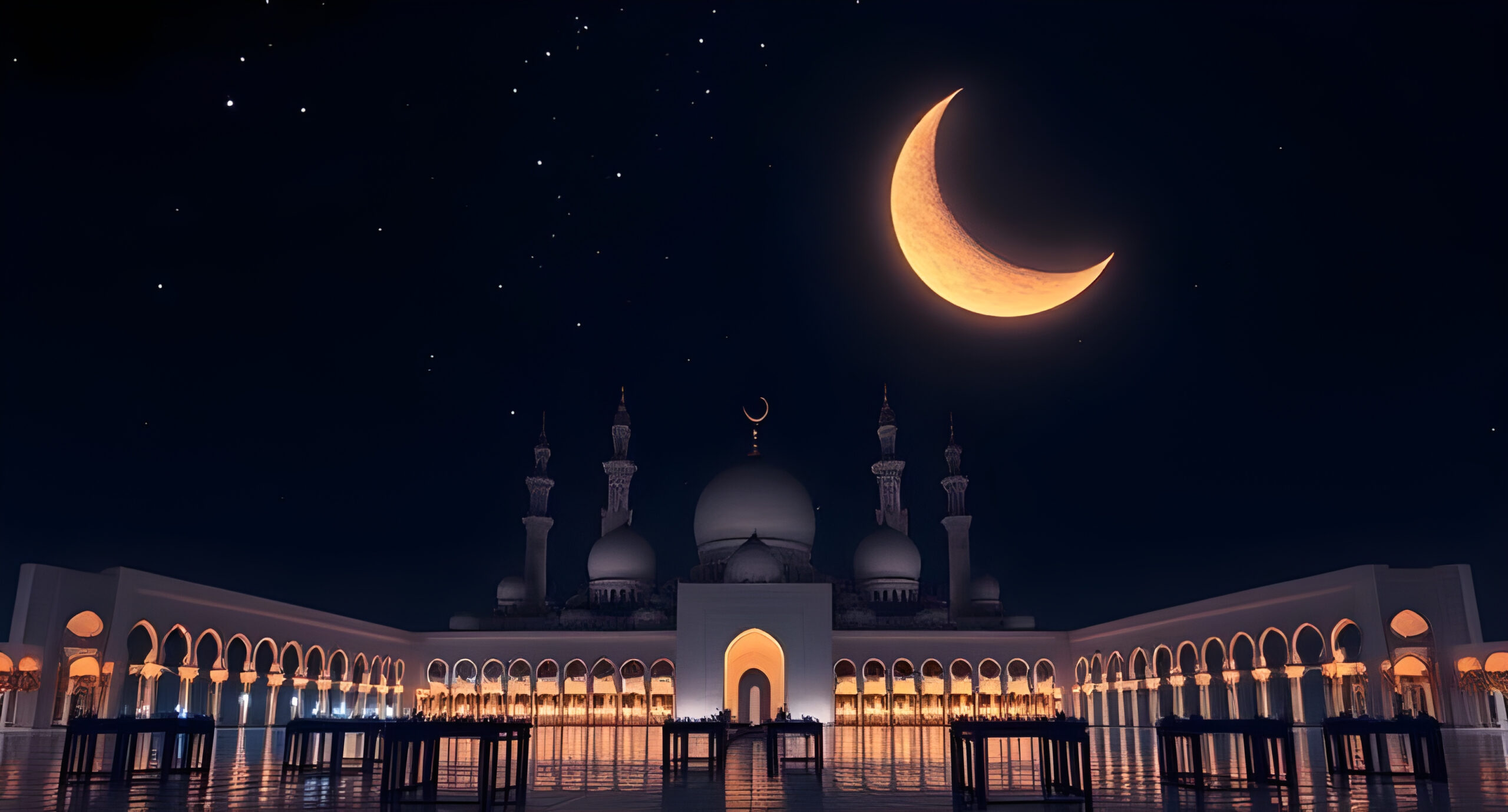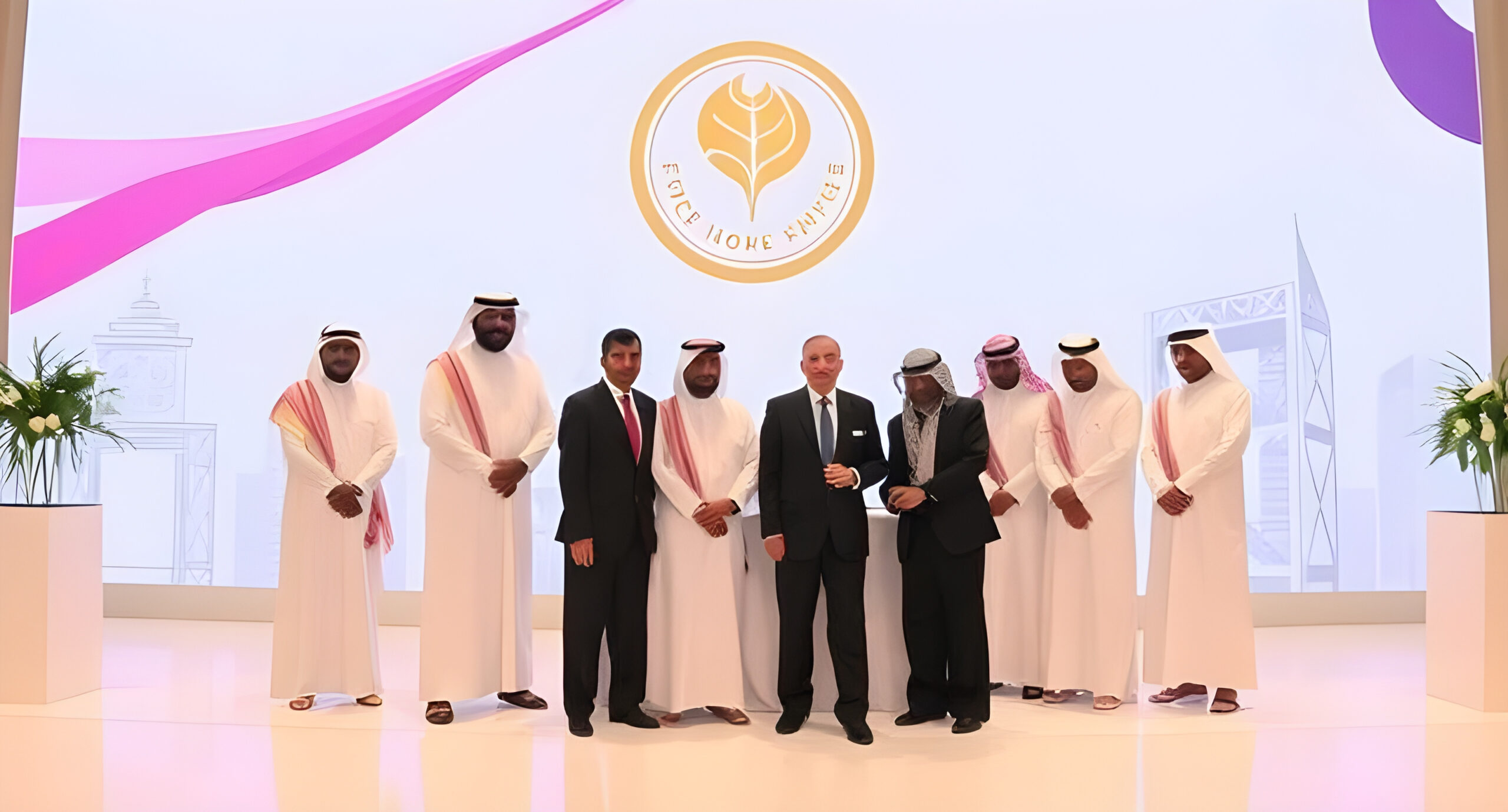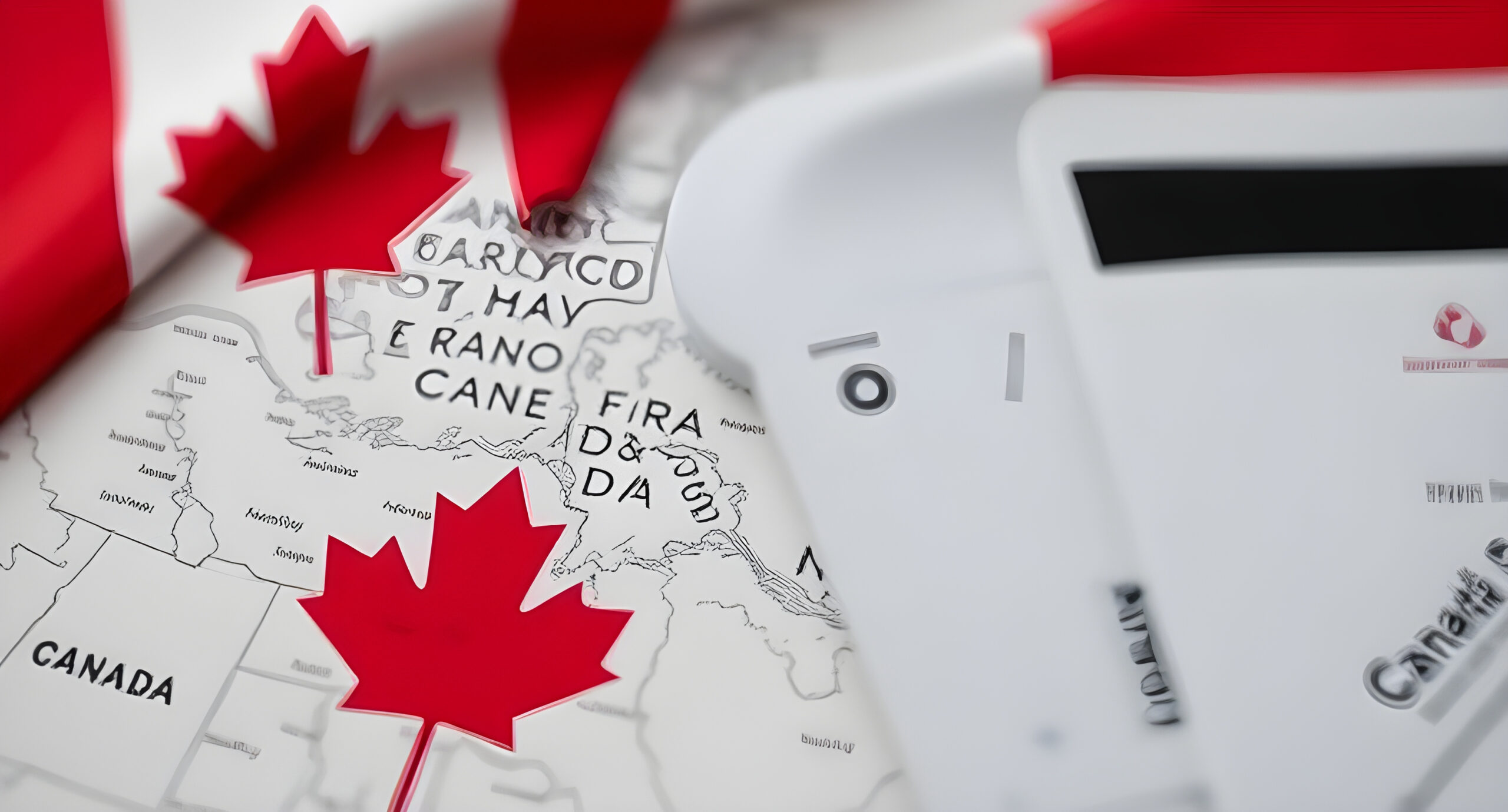Ramadan 2025 has officially commenced in several countries, including Saudi Arabia, the UAE, Oman, Kuwait, Qatar, and Yemen, following the successful sighting of the crescent moon on February 28. This marks the beginning of a sacred period for Muslims worldwide, characterized by fasting, prayer, and increased devotion. The Islamic calendar, which governs the timing of Ramadan, is lunar-based, meaning each month starts with the sighting of the new crescent moon. This practice results in Ramadan beginning about ten days earlier each year in the Gregorian calendar.
In Saudi Arabia, the Supreme Court confirmed March 1 as the first day of Ramadan after the moon was spotted on Friday evening. Similarly, the UAE announced the start of Ramadan on March 1 following the crescent moon sighting. Oman, Kuwait, Qatar, and Yemen also declared March 1 as the beginning of the holy month. These countries typically begin Ramadan earlier than others due to their geographical location and moon-sighting traditions.
Ramadan is a time of profound spiritual reflection and community for Muslims. It involves fasting from dawn to sunset, known as sawm, and engaging in increased prayer and charitable activities. The month culminates with Eid al-Fitr, a festive celebration marking the end of fasting, expected to occur on March 30 or 31, depending on the next crescent moon sighting.
The start of Ramadan varies globally due to differences in moon sighting. While GCC countries begin on March 1, countries like India and Pakistan may start a day later, on March 2, pending local moon sightings. In the West, Muslim communities often follow announcements from Saudi Arabia or their local religious authorities.
Ramadan’s significance extends beyond fasting; it is a period for Muslims to deepen their faith, practice self-discipline, and foster community. As the exact start date may vary based on regional moon sightings, individuals are advised to consult local Islamic authorities for precise information.
Ramadan’s cultural and spiritual practices are deeply ingrained in Muslim communities worldwide. The pre-dawn meal, known as Suhoor, and the meal to break the fast at sunset, called Iftar, are integral parts of the daily routine during this month. Beyond fasting, Muslims increase their engagement in prayers, recitation of the Quran, and charitable activities.
The global observance of Ramadan highlights the unity and diversity within the Muslim community. While the start dates may differ slightly across regions, the essence of Ramadan remains consistent—a time for spiritual growth, community bonding, and self-reflection.





